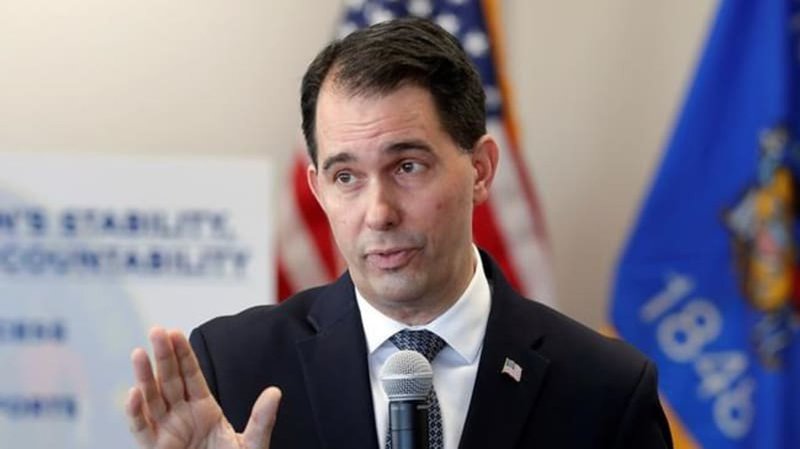
Wisconsin high court gives mixed ruling on partial vetoes
MADISON, Wis. — The conservative-controlled Wisconsin Supreme Court on Friday overturned three of four partial budget vetoes issued by Democratic Gov. Tony Evers, bucking decades of court precedent that upheld the governor’s broad veto powers.
However, the justices also upheld one of Evers’ vetoes as well as two made by Republican Gov. Scott Walker in 2017. The court declined to hear a separate challenge to those vetoes, saying the 2019 lawsuit that came after Walker left office was filed too late.
A majority of justices could not agree on a rationale for why the three Evers vetoes were unconstitutional. The complex, 146-page ruling was limited to the four vetoes that were challenged and did not rein in the ability of future governors to make partial vetoes.
“In an important case like this, where the people of Wisconsin need clarity, we instead sow confusion,” wrote Justice Ann Walsh Bradley, one of two liberal justices. “Evidence of the lack of clarity is highlighted by the very fact that this case has generated four separate writings with various rationales. And not one of them has garnered a majority vote of this court. Thus, we are left with no clear controlling rationale or test for the future.”


